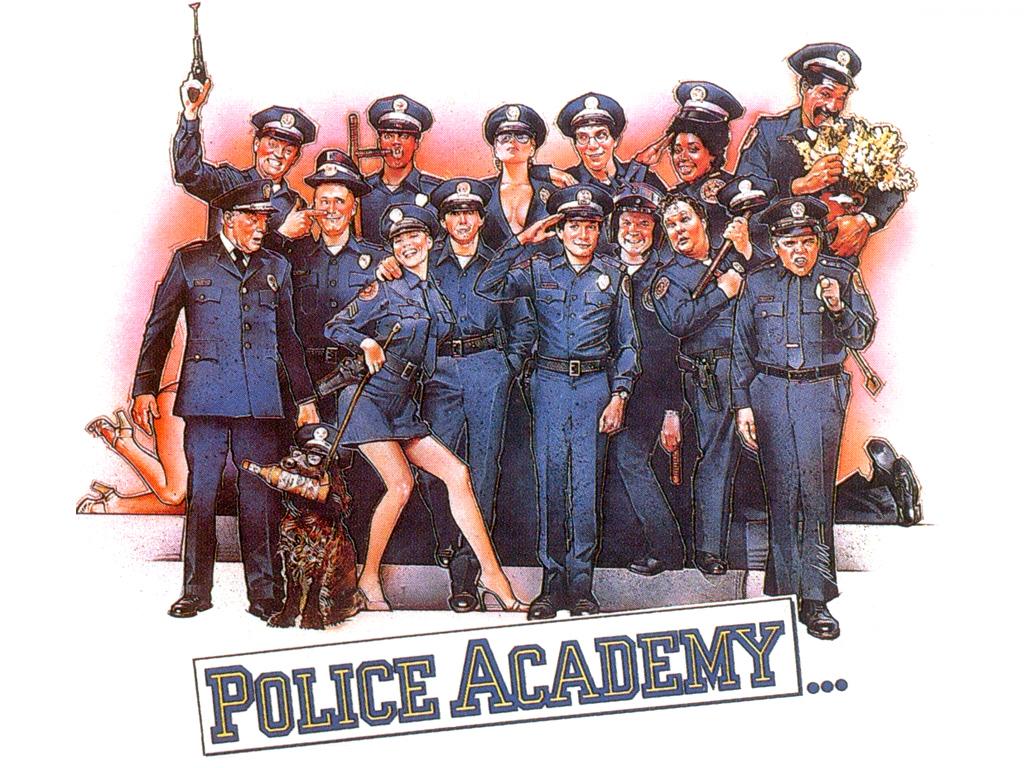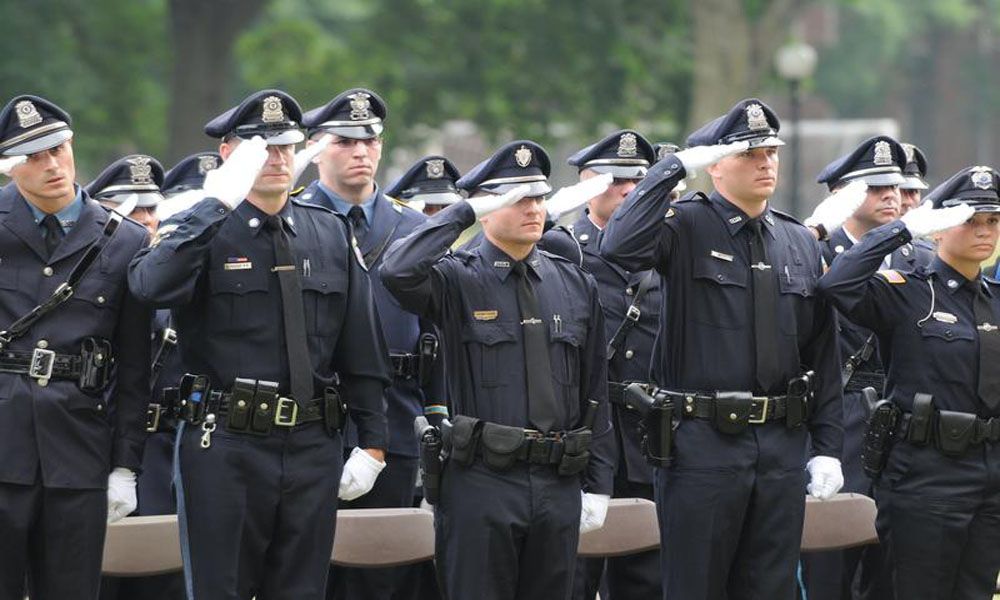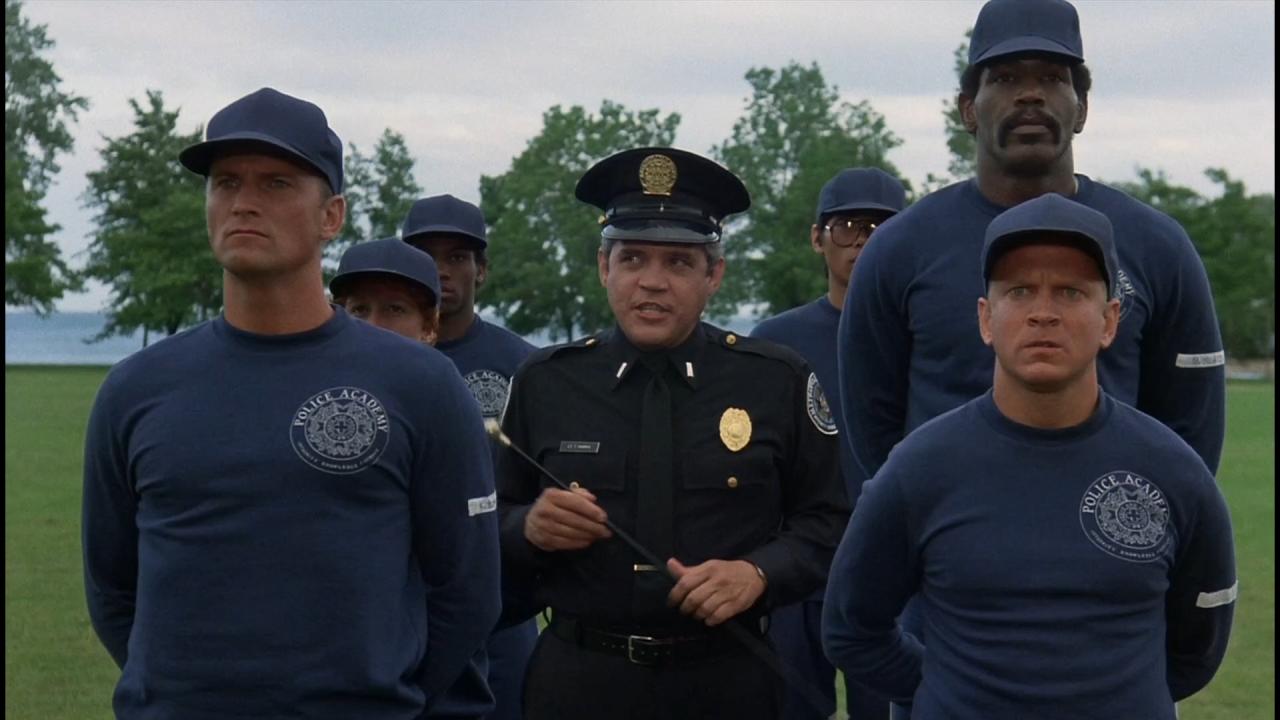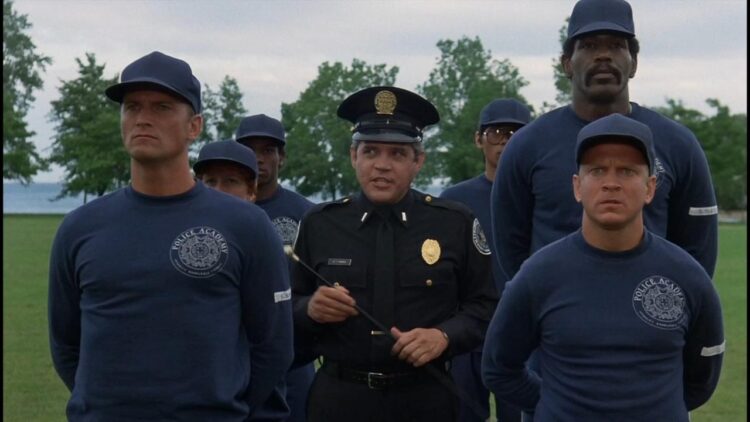
How long is the police academy? This question is often on the minds of aspiring law enforcement officers, and the answer can vary depending on a number of factors. From state regulations and specialization to prior experience, the duration of police academy training can be quite diverse. But one thing remains constant: the rigorous training prepares individuals for the challenging and rewarding career of a police officer.
Police academy training programs are designed to equip recruits with the knowledge, skills, and physical capabilities necessary to effectively serve and protect their communities. The curriculum covers a wide range of subjects, including law enforcement principles, criminal justice, firearms proficiency, physical fitness, and self-defense. Recruits also participate in specialized training programs, such as tactical operations, cybercrime investigation, or hostage negotiation, to develop proficiency in specific areas of law enforcement.
Admission Requirements and Selection Process

Becoming a police officer is a challenging but rewarding career path. The first step in this journey is gaining admission to a police academy. Admission to a police academy is a competitive process, with rigorous requirements designed to ensure that only the most qualified individuals are chosen to serve and protect.
Eligibility Criteria
Police academies across the country have common eligibility criteria that applicants must meet. These criteria are designed to ensure that recruits have the necessary physical, mental, and moral qualities to succeed in the demanding role of a police officer.
- Age: Most academies require applicants to be at least 18 years old, and some may have an upper age limit, typically around 35-40 years old.
- Education: Many academies require a high school diploma or equivalent, while others may require some college coursework or even a college degree. Some academies offer specialized programs requiring specific degrees, such as criminal justice or law enforcement.
- Background Checks: All applicants undergo thorough background checks, including criminal history, credit history, and driving record checks. The checks ensure that applicants have no criminal record and are financially responsible.
- Physical Fitness: Police officers must be physically fit to perform their duties, so academies require applicants to pass a physical fitness test. The test typically includes exercises like push-ups, sit-ups, running, and agility drills. The specific requirements vary between academies.
- Drug Screening: Applicants must pass a drug screening test to ensure they are not using illegal drugs.
- Psychological Evaluation: Many academies require applicants to undergo a psychological evaluation to assess their mental stability and suitability for law enforcement.
Selection Process
The selection process for police academies is designed to evaluate applicants’ suitability for law enforcement and to choose the best candidates.
- Written Exams: Applicants typically take a written exam to assess their knowledge of law enforcement principles, reading comprehension, and problem-solving skills. The exam covers topics such as criminal law, police procedures, and ethics.
- Physical Assessments: Applicants must pass a physical fitness test, which evaluates their strength, endurance, and agility. The specific requirements vary by academy.
- Interviews: Applicants usually undergo an interview with a panel of police officers or academy staff. The interview assesses their communication skills, decision-making abilities, and commitment to law enforcement.
- Background Checks: Thorough background checks are conducted to verify information provided by applicants and to ensure they meet the academy’s standards.
- Polygraph Examination: Some academies may require applicants to take a polygraph examination, a lie detector test, to assess their honesty and trustworthiness.
- Medical Examination: Applicants must pass a medical examination to ensure they are physically and mentally fit to serve as police officers.
Applying to a Police Academy
The application process for police academies can vary depending on the specific academy. However, the following steps are generally involved:
- Research Academies: Begin by researching police academies in your area and identifying those that align with your interests and career goals. Consider factors such as location, program length, and specialization.
- Review Admission Requirements: Carefully review the admission requirements of each academy you are interested in. Ensure you meet all the eligibility criteria, including age, education, and physical fitness standards.
- Complete the Application: Submit a complete application, including all required documents, such as transcripts, letters of recommendation, and background check forms.
- Prepare for the Selection Process: Prepare for the written exam, physical fitness test, and interview by studying relevant materials and practicing your skills.
- Attend the Academy: If accepted, you will attend the academy for a period of training, typically lasting several months.
Admission Requirements Comparison
The following table compares the admission requirements of different police academies across the country. Note that these requirements can vary, so it is essential to check with each academy for the most up-to-date information.
| Academy | Age Requirement | Education Requirement | Physical Fitness Test | Background Check |
|—|—|—|—|—|
| New York City Police Academy | 21-35 years old | High school diploma or equivalent | Push-ups, sit-ups, running, agility drills | Criminal history, credit history, driving record |
| Los Angeles Police Academy | 21-35 years old | High school diploma or equivalent | Push-ups, sit-ups, running, agility drills | Criminal history, credit history, driving record |
| Chicago Police Academy | 21-35 years old | High school diploma or equivalent | Push-ups, sit-ups, running, agility drills | Criminal history, credit history, driving record |
| Houston Police Academy | 21-35 years old | High school diploma or equivalent | Push-ups, sit-ups, running, agility drills | Criminal history, credit history, driving record |
| Phoenix Police Academy | 21-35 years old | High school diploma or equivalent | Push-ups, sit-ups, running, agility drills | Criminal history, credit history, driving record |
Challenges and Benefits of Police Academy Training

Police academy training is a rigorous and demanding process that prepares recruits for the challenges and responsibilities of law enforcement. The training program is designed to instill essential skills, knowledge, and values necessary for effective policing. However, it also presents unique challenges that recruits must overcome. This section will delve into the key challenges and benefits of police academy training.
Challenges of Police Academy Training
Police academy training is a physically and mentally demanding experience. Recruits are subjected to rigorous physical training, academic coursework, and demanding simulations. The pressure to succeed can be intense, and recruits must demonstrate a high level of commitment and resilience. Some of the key challenges include:
- Physical Demands: Police academy training involves a significant amount of physical exertion, including running, weightlifting, and self-defense techniques. Recruits must be physically fit and able to handle the demands of a physically demanding job. They must also learn how to use and operate firearms and other equipment, which can be physically demanding and require a high level of precision and coordination.
- Mental Demands: Police academy training also places a significant mental strain on recruits. They must learn a vast amount of information about the law, procedures, and tactics. They must also develop critical thinking skills, problem-solving abilities, and the ability to make quick decisions under pressure. The stress of the training environment can be significant, and recruits must be able to cope with pressure and maintain their composure.
- Academic Pressure: Police academy training includes a significant amount of academic coursework, covering topics such as criminal law, constitutional law, criminal procedure, and police ethics. Recruits must be able to learn and retain information quickly, and they must be able to apply their knowledge to real-world scenarios. The academic pressure can be intense, and recruits must be able to balance their studies with their physical training and other demands.
- Discipline and Structure: Police academy training is a highly structured environment that emphasizes discipline and obedience. Recruits are expected to follow rules and regulations strictly and to adhere to a strict schedule. This can be a challenge for some recruits who are used to a more relaxed environment. They must learn to adapt to a structured environment and to follow orders from their instructors.
Benefits of Police Academy Training, How long is the police academy
Despite the challenges, police academy training offers numerous benefits to recruits. The training program equips recruits with the skills, knowledge, and confidence they need to succeed in law enforcement. The benefits of completing police academy training include:
- Enhanced Skills and Knowledge: Police academy training provides recruits with a comprehensive understanding of law enforcement principles, procedures, and tactics. They learn about criminal law, constitutional law, criminal procedure, investigation techniques, crime scene processing, and much more. They also receive hands-on training in firearms, self-defense, first aid, and other essential skills.
- Increased Confidence: Police academy training builds confidence in recruits by challenging them physically and mentally. They learn to handle pressure, make decisions under stress, and to rely on their training in difficult situations. The experience of completing police academy training gives recruits a sense of accomplishment and the confidence to succeed in their chosen career.
- Professional Network: Police academy training provides recruits with the opportunity to connect with other aspiring officers. They form relationships with their classmates, instructors, and other members of the law enforcement community. This network can be valuable throughout their careers, providing support, mentorship, and opportunities for professional growth.
- Career Advancement: Completing police academy training is a prerequisite for most law enforcement positions. It is also a stepping stone to further education and career advancement opportunities. Many police officers go on to pursue specialized training in areas such as criminal investigation, forensics, or SWAT.
Comparison to Other Professional Training Programs
Police academy training is comparable to other professional training programs, such as medical school, law school, and military academies. All of these programs are rigorous and demanding, and they are designed to prepare individuals for challenging and demanding careers. Police academy training shares many similarities with these other programs, including:
- Structured Curriculum: All professional training programs have a structured curriculum that covers a wide range of topics relevant to the profession. This curriculum is designed to provide trainees with the knowledge and skills they need to succeed in their chosen field.
- Rigorous Training: Professional training programs are known for their rigorous training, which pushes trainees to their limits. This rigorous training is essential for developing the skills and knowledge needed to handle the challenges of the profession.
- Practical Applications: Professional training programs emphasize practical applications. Trainees are given opportunities to apply their knowledge and skills in real-world settings, through simulations, internships, and other practical experiences.
- Emphasis on Ethics: Professional training programs place a strong emphasis on ethics. Trainees are taught the importance of ethical behavior and the consequences of unethical conduct.
Real-World Policing Scenarios
Police academy training prepares recruits for real-world policing scenarios by exposing them to a variety of simulated situations. These simulations include:
- Traffic Stops: Recruits learn how to conduct traffic stops safely and effectively. They practice approaching vehicles, interacting with drivers, and enforcing traffic laws.
- Domestic Disputes: Recruits learn how to de-escalate tense situations and to handle domestic disputes safely and effectively. They practice communication skills, conflict resolution techniques, and crisis intervention strategies.
- Active Shooter Scenarios: Recruits learn how to respond to active shooter situations. They practice tactical maneuvers, firearms proficiency, and medical response procedures.
- Use of Force Scenarios: Recruits learn about the use of force continuum and how to make appropriate decisions in high-pressure situations. They practice using force in a controlled environment and learn how to justify their actions.
Closing Summary

The police academy experience is a demanding yet rewarding journey. It’s a period of intense learning, physical conditioning, and mental preparation that transforms individuals into competent and capable law enforcement professionals. The knowledge and skills gained during this training are essential for a successful career in law enforcement, equipping officers with the tools they need to navigate the complexities of the job and make a positive impact on their communities.
Expert Answers: How Long Is The Police Academy
What are the typical admission requirements for police academies?
Common requirements include a minimum age, high school diploma or equivalent, passing a background check, and meeting physical fitness standards. Some academies may have additional requirements, such as a college degree or prior military service.
Is there a specific age limit to join a police academy?
Age limits vary by state and academy. Generally, applicants must be at least 18 years old, and some agencies have a maximum age limit, often around 35 or 40 years old.
What are the most common challenges faced by recruits during police academy training?
Recruits often face challenges such as physical and mental demands, academic pressure, and strict discipline. They must adapt to a demanding schedule and rigorous training regimen.
What are the benefits of completing police academy training?
Graduating from a police academy provides individuals with enhanced skills, knowledge, and confidence to effectively serve and protect their communities. They gain a strong foundation in law enforcement principles and procedures, as well as practical skills in self-defense, firearms handling, and other essential areas.





